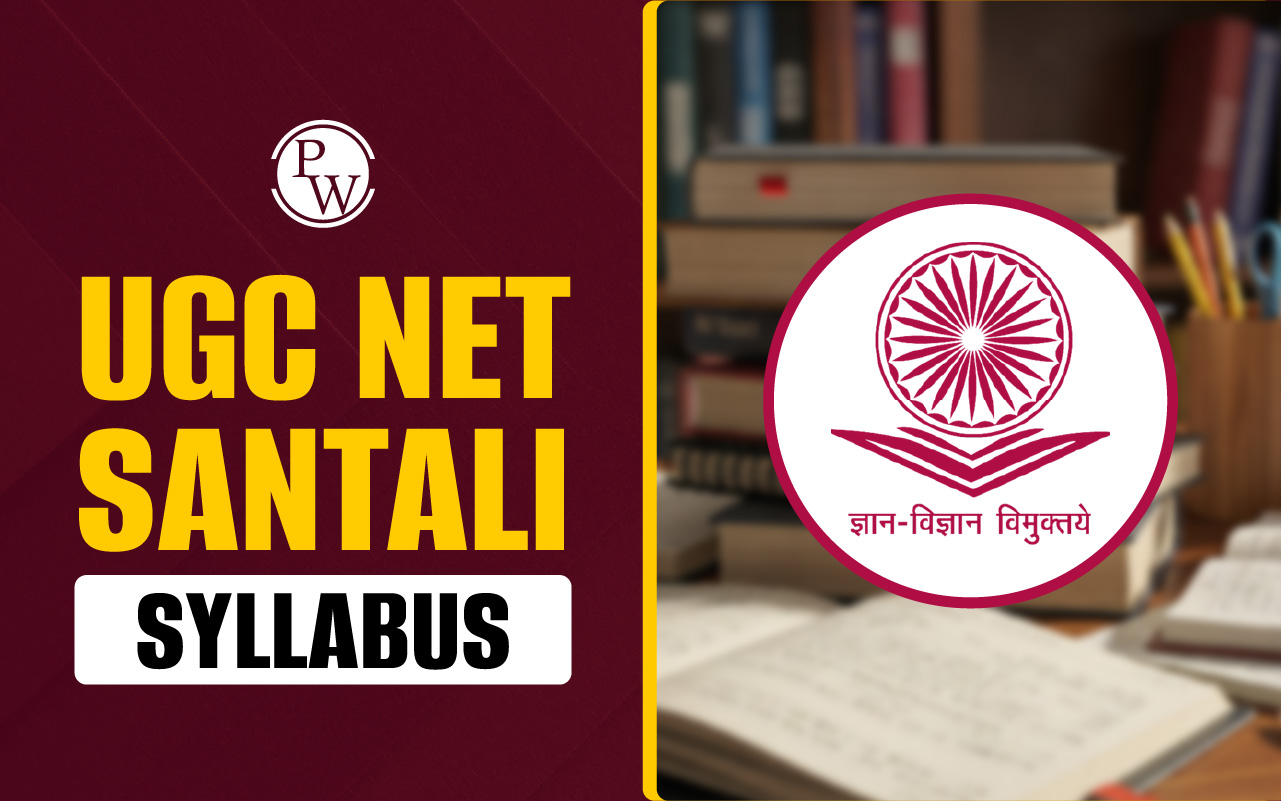
UPPSC Assistant Professor History Syllabus 2025 includes topics that include early civilisations to modern historiography. The Uttar Pradesh Public Service Commission conducts the Assistant Professor examination to appoint subject experts across government colleges. Students who are preparing for this recruitment should be aware that the selection process involves a written test followed by an interview. Both stages require an in-depth understanding of history along with interpretative and analytical ability.
UPPSC Assistant Professor History Syllabus PDF
The official syllabus has been released through the UPPSC Assistant Professor Notification 2025. Candidates are strongly encouraged to download the PDF to access the original content. This document contains the detailed unit-wise syllabus, marking scheme, and reference structure, which serve as the basis of the written test. Keeping a copy of the PDF ensures that aspirants align their preparation with the prescribed framework.
Candidates can click here to download the PDF document of the History syllabus:
UPPSC Assistant Professor History Syllabus 2025 Overview
The Uttar Pradesh Public Service Commission (UPPSC) prescribes a detailed subject syllabus to assess the conceptual knowledge, analytical skills, and teaching aptitude of applicants. The History syllabus has been drafted by the selection committee to include core developments across Indian history, along with research methodology. It enables aspirants to demonstrate both factual command and interpretive ability in the recruitment test.
Further, candidates can find useful insights about the UPPSC Assistant Professor History Syllabus from here:
| UPPSC Assistant Professor History Syllabus 2025 Overview | |
|---|---|
| Particulars | Details |
| Subject | History |
| Exam Year | 2025 |
| Source of Syllabus | Appendix-2 of UPPSC Assistant Professor Notification |
| Coverage | Ancient, Medieval, Modern, and Contemporary Indian History + Research Methodology |
| Total Units | 10 major thematic units |
| Evaluation Weightage | Written Examination + Interview |
Note: Candidates should check the official notification for any modifications in the recruitment process. The details presented here are for reference purposes and are intended for academic guidance.
UPPSC Assistant Professor History Syllabus 2025
The History syllabus for UPPSC assistant professor recruitment has been arranged into ten major units. Each unit represents a different phase or methodological dimension of history. Here, students are expected to interpret sources, engage with debates, and analyse political, social, and cultural developments across centuries in the History subject. Further, the structure ensures that aspirants develop both factual clarity and conceptual depth in the subject.
From here, candidates can learn about the UPPSC Assistant Professor History Syllabus details:
| UPPSC Assistant Professor History Syllabus Details | |
|---|---|
| Unit | Topics |
| Unit 1 | Archaeological and literary sources, prehistoric phases, Harappan civilisation, Vedic society, iron technology, Mahajanapadas, Jainism and Buddhism. |
| Unit 2 | Rise of Magadha, Mauryan Empire, decline and regional powers, Gupta-Vakataka polity, Harsha’s reign, trade with Rome, post-Mauryan art and architecture. |
| Unit 3 | Early medieval kingdoms across regions, agrarian structures, feudal economy, trade guilds, Bhakti and temple movements, caste and society, and centres of learning. |
| Unit 4 | Medieval sources, Ghaznavid and Ghurid invasions, Delhi Sultanate dynasties, Mughal Empire, Vijayanagara and Bahmani states, and the rise of Marathas. |
| Unit 5 | Sultanate and Mughal administration, Sher Shah’s reforms, Deccan and Maratha polity, economy and trade, industries, famines and agrarian revolts. |
| Unit 6 | Sufism and Bhakti traditions, Sikh movement, medieval society and classes, position of women, Mughal arts and Indo-Islamic architecture. |
| Unit 7 | Sources of modern history, European traders, British expansion, 1857 revolt, company and crown administration, princely states and constitutional reforms. |
| Unit 8 | Agrarian changes, deindustrialisation, economic drain, British industrial policy, labour and peasant movements, education and reforms, and the Indian Renaissance. |
| Unit 9 | Indian National Congress, Swadeshi, Gandhian mass movements, Subhas Bose and INA, caste and leftist politics, independence and partition, post-1947 challenges. |
| Unit 10 | Research methodology, historiography, objectivity and bias, auxiliary sciences, regional history, western historiographical schools, post-modernism and current research trends. |
Note: The syllabus presented above is extracted from Appendix 2 of the official notification for UPPSC assistant professor recruitment. Students should always confirm the detailed document before starting preparation.
UPPSC Assistant Professor History Exam Pattern
The examination pattern provides clarity on how candidates will be assessed during recruitment. While the detailed syllabus outlines content, the exam pattern explains the balance between written evaluation and personal interview. Students are expected to prepare accordingly, devoting time to both knowledge acquisition and articulation skills.
Furthermore, candidates can learn about the History exam pattern for the UPPSC Assistant Professor Recruitment 2025:
| UPPSC Assistant Professor History Exam Pattern | |
|---|---|
| Component | Details |
| Exam Mode | Offline (Pen and Paper Based) |
| Coverage | Full History syllabus as mentioned in Appendix 2 |
| Marks Weightage | Written Examination, Interview |
| Final Merit List | Based on the aggregate of written and interview marks |
Note: The final pattern may be updated in the detailed notification. Aspirants should rely on the UPPSC website for confirmation before appearing.









